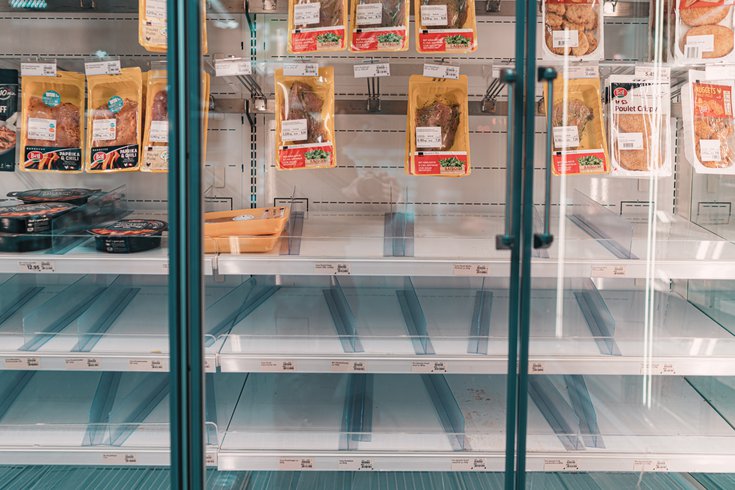
January 16, 2023
 Claudio Schwarz/Unsplash
Claudio Schwarz/Unsplash
To bridge gaps in food access, the New Jersey Economic Development Authority has opened a grant program to incentivize grocery store owners to purchase refrigerated food lockers for grocery deliveries.
Many New Jersey residents who live in food deserts – areas where people lack access to grocery stores and supermarkets – also face challenges ordering groceries online because they lack reliable delivery locations due to work schedules, family obligations or housing issues, according to the New Jersey Economic Development Authority.
In an effort to bridge the gaps in food access for the estimated 657,320 New Jersey residents experiencing hunger, NJEDA has opened a grant program to incentivize grocery store owners to purchase refrigerated food lockers for grocery deliveries. These lockers would be installed in public spaces, like libraries and community centers, allowing residents in food deserts to pick up grocery deliveries when they're able.
"True food security exists when all people, at all times, have physical, economic and social access to safe, sufficient and nutritious food," said Mark Dinglasan, director of the Office of the Food Security Advocate. "The FRIDG program is an innovative approach to food security that encourages public (and) private partnerships, decreases stigma, leverages technology, and fulfills a good portion of the definition of food security."
All applicants must already be authorized to accept online orders using the Supplemental Nutrition Assistance Program. In 2020, New Jersey began allowing SNAP recipients to use their benefits to order groceries online. They now can purchase groceries online from 16 retailers. As of September, there were 789,276 residents receiving SNAP benefits, including nearly 350,000 children, according to NJEDA.
Retailers who are approved for $250,000 grants must use the money to purchase and install refrigerated lockers, with the aim of expanding grocery delivery options for people in New Jersey's 50 food desert communities. Camden is home to the largest food desert community in the state.
The NJEDA will begin accepting grant applications this spring, though there's no timeline for when the refrigerated lockers will be installed. Grocery store owners with at least one physical location are encouraged to apply.
Food insecurity is a lack of consistent access to enough food for every member of a household to live a healthy, active life, according to the U.S. Department of Agriculture. One in 12 households in New Jersey are food insecure, meaning that they often do not have reliable access to healthy food options.
People experiencing food insecurity often only have access to processed, packaged foods, and therefore tend to eat less healthy options filled with empty calories and fewer essential nutrients. Though food insecurity can impact people financially and socially, the quality of the food people are able to access can impact their health, often leading to chronic diseases like obesity and diabetes.
Food insecurity has been linked to mental and physical stress, increased risk of obesity, higher rates of anemia, asthma, depression, anxiety, and a higher risk of hospitalization.
Though the impacts of food insecurity can be detrimental, there are ways for people to find affordable, safe and quality food items.
There are two major food banks in South Jersey providing food to residents in need – the Food Bank of South Jersey, at 1501 Tipton Blvd. in Pennsauken, Camden County, and the Community Food Bank of New Jersey, at 6735 Black Horse Pike in Egg Harbor Township, Atlantic County. The latter organization notes that 17.3% of South Jersey children are facing food insecurity.
Cooper Health also has a partnership with No Kid Hungry to provide qualifying families with free fruits and vegetables once a week, nutrition classes, supermarket shopping tours including gift cards for healthy food options, and free rides to and from grocery stores.